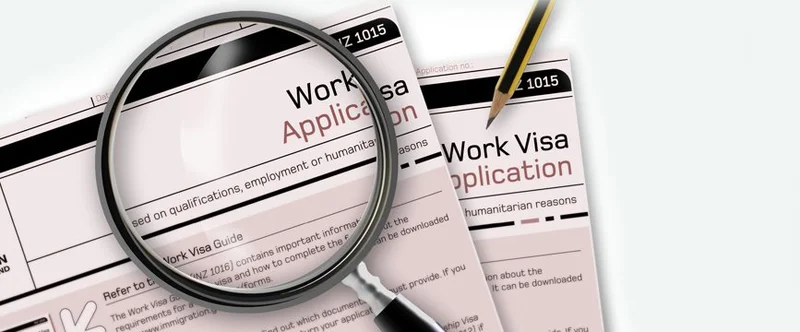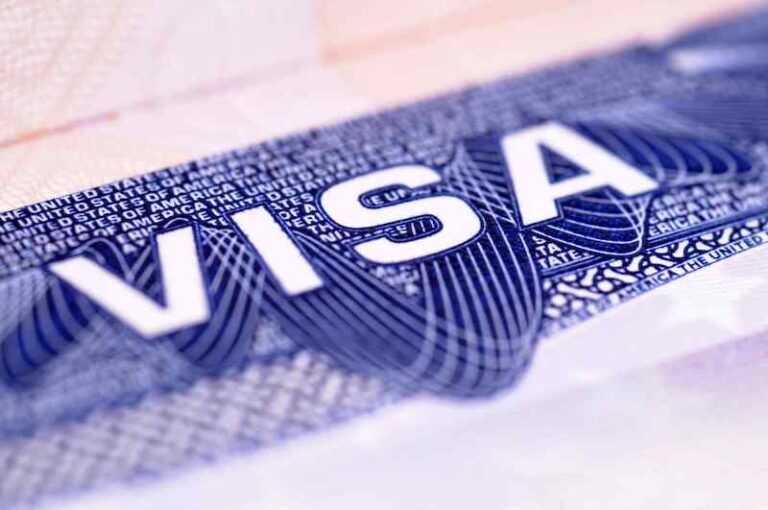Job opportunities for foreigners in the Philippines everything you need to know
The Philippines has become an increasingly popular destination for foreigners seeking job opportunities abroad. With its growing economy, rich cultural heritage, and stunning natural landscapes, it’s no wonder that many individuals are considering pursuing their careers in this Southeast Asian nation.
In this article, we will explore the various job opportunities available to foreigners in the Philippines, providing insights into who can apply, what types of jobs are in demand, when to start looking, how to navigate the application process, the pros and cons of working in the country, alternative options, step-by-step guides, comparison with other destinations, useful tips, and ultimately, why the Philippines could be the best choice for your career aspirations.

Pros and cons of working in the Philippines
Before making any decisions regarding your professional future, it’s essential to weigh the advantages and disadvantages of working in the Philippines.
Pros:
- Cultural experience: Living and working in the Philippines allows you to immerse yourself in a vibrant and diverse culture, fostering personal growth and understanding.
- Cost of living: Compared to many Western countries, the cost of living in the Philippines is relatively lower. This means that your salary can go further, affording you a comfortable lifestyle.
- Opportunities for career growth: As an emerging market, the Philippines offers numerous opportunities for career advancement across various industries.
- English proficiency: English is widely spoken in the Philippines, which makes communication and integration into the workplace easier for foreigners.
Cons:
- Traffic congestion: Major cities in the Philippines, such as Manila, are notorious for heavy traffic. Commuting from one place to another can be time-consuming and stressful.
- Weather conditions: The Philippines experiences typhoons and tropical storms annually. Flooding and other weather-related disruptions can affect daily life and work.
- Language barrier: While English is prevalent in urban areas, you may encounter language barriers when dealing with locals who primarily speak Filipino or regional dialects.
- Work-life balance: In some industries, long working hours and high expectations may be the norm. It’s important to research company cultures and work policies before accepting a job offer.
What types of jobs are in demand?
The job market in the Philippines offers a wide range of opportunities for foreigners with diverse skill sets. Here are some of the most sought-after professions:
- Information Technology (IT): The Philippines is known for its strong IT industry, and foreign experts in software development, web design, and cybersecurity are highly sought after.
- Business Process Outsourcing (BPO): The BPO sector continues to thrive, providing employment opportunities in customer service, technical support, back-office operations, and data analysis.
- Engineering: As infrastructure development is on the rise, foreign engineers specializing in civil, mechanical, and electrical engineering can find rewarding jobs in construction, energy, telecommunications, and transportation.
- Healthcare: The demand for skilled healthcare professionals, particularly nurses and doctors, remains high in the Philippines. Numerous medical facilities and hospitals actively recruit foreign talent to address the shortage.
- Education: English teaching positions are widely available, both in public and private institutions. Foreigners with a strong command of the English language can secure teaching jobs in schools, universities, and language centers.
Who can apply?
Foreigners from all over the world have the opportunity to apply for jobs in the Philippines. However, it is important to note that certain restrictions and requirements may apply depending on your nationality and the type of work you wish to pursue. The Philippine government has specific guidelines and regulations in place to ensure that job opportunities are primarily offered to locals before considering foreign applicants. That being said, there are still several industries that actively seek foreign talent to fill key positions, such as information technology, business process outsourcing, engineering, healthcare, education, and tourism.
When should you start looking?
If you are considering pursuing job opportunities in the Philippines, it is advisable to start your search well in advance.
The recruitment process may vary depending on the company and industry, so allowing ample time for applications, interviews, and visa processing is crucial. Most companies advertise job vacancies online, through job portals, social media platforms, and their official websites.
It’s also beneficial to network with professionals already working in the country or attend job fairs that specifically cater to foreigners.
How to navigate the application process?
Applying for jobs in the Philippines typically involves several steps, and being well-prepared will increase your chances of success. Here’s a step-by-step guide to help you navigate the application process:
- Research: Familiarize yourself with the industries and companies that interest you, and gather information about their requirements, culture, and work environment.
- Tailor your resume: Customize your resume to highlight relevant skills and experiences that align with the job you’re applying for. Emphasize any international experience or language proficiency, as these are often valued by employers.
- Craft a compelling cover letter: Your cover letter should articulate your interest in the position, explain why you are qualified, and demonstrate your understanding of the company and its values.
- Prepare for interviews: Practice answering common interview questions and be ready to discuss your qualifications, motivations, and how you can contribute to the company’s goals. Be culturally sensitive and aware of the local work environment.
- Obtain necessary permits: Once you secure a job offer, you will need to obtain the appropriate work visa or permit. Consult the Philippine Embassy or Consulate in your home country for guidance on the requirements and application process.
Tips for Success
If you want to be successful in finding job opportunities as a foreigner, here are some tips to keep in mind:
- Be patient: Finding a job abroad can take time, so be prepared to put in the effort and stay motivated. 2 . Be flexible: You may need to be open to different types of jobs or industries than what you’re used to.
- Learn the language: Consider taking language courses to improve your ability to communicate with potential employers and colleagues.
- Research cultural norms and expectations: Learn about the cultural expectations in the country you’re applying to work in to better understand the workplace culture.
- Have a positive attitude: Demonstrate your enthusiasm and willingness to learn and adapt to new situations.
Conclusion
Job opportunities for foreigners in the Philippines are abundant, with various industries actively seeking international talent. Whether you’re an IT expert, a healthcare professional, or an educator, the Philippines offers a promising career path. By thoroughly researching job prospects, preparing well for the application process, and considering the pros and cons, you can make an informed decision about pursuing your professional aspirations in this Southeast Asian nation. Explore the job market, connect with professionals, and take advantage of the unique cultural experiences that the Philippines has to offer.
FAQs
Q1: Are there any specific requirements for foreigners applying for jobs in the Philippines?
Foreigners must possess the necessary work permits and visas to legally work in the Philippines. These requirements may vary depending on the nature of employment and the individual’s nationality. It is advisable to consult with the Philippine Embassy or Consulate in your home country for accurate and up-to-date information.
Q2: What are the popular job search platforms in the Philippines?
Popular job search platforms in the Philippines include JobStreet, Indeed, LinkedIn, and Glassdoor. These platforms allow users to search for job vacancies, upload resumes, and connect with potential employers.
Q3: Is knowledge of the Filipino language necessary to find employment in the Philippines?
While knowledge of the Filipino language, commonly known as Tagalog, can be advantageous in certain industries and regions, it is not always a prerequisite for finding employment. English is widely spoken in the Philippines, particularly in urban areas and professional environments.
Q4: How long does it typically take to secure a job in the Philippines?
The time it takes to secure a job in the Philippines can vary depending on several factors, including the industry, level of experience, and demand for specific skills. It is advisable to begin your job search well in advance and allow for sufficient time for the application process, interviews, and visa procedures.
Q5: Can foreigners apply for permanent residency or citizenship in the Philippines?
Yes, foreigners have the opportunity to apply for permanent residency or citizenship in the Philippines. The process and requirements for obtaining permanent residency or citizenship are governed by Philippine immigration laws and regulations. It is recommended to seek professional guidance from immigration lawyers or consultants to navigate this process effectively.





